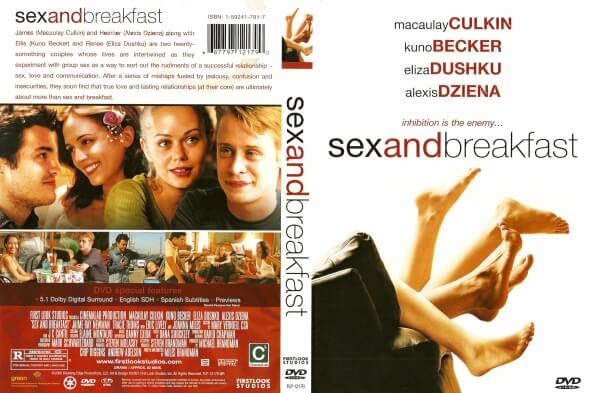Escort Girls: Radical feminism
The people who prostitution affects do not always perceive themselves as victims or survivors. Many people take a more impartial perspective of who they are. For instance, nearly all of the 294 prostitutes in a survey conducted in Miami “prefer the labels sex worker, escort Tel Aviv and working woman and refer to themselves as such.” Authors who hold the extreme radical feminist stance reject the notion that prostitution is “sex work,” regardless of how women define themselves, because doing so could legalize prostitution.
The issues are merely the proverbial “tip of an iceberg” floating in a deeper theoretical morass. According to any accepted definition, the extreme form of radical feminism that serves as the foundation for these research is an invalid theory. A sound scientific hypothesis is one whose premises can be tested empirically and shown to be true or false. Unfortunately, very few of the prostitution-related assertions made by radical feminism can be independently verified or refuted. These claims are made in the form of unquestionable, universal truths. How could one possibly put to the test the clichés that clients are predators, prostitution is compensated rape. I’m not the first to bring up these questions. The radical feminist literature on prostitution and pornography, according to Gayle Rubin, is full of “sloppy definitions, unsupported assertions, and outrageous accusations”. These authors choose the “worst accessible examples” and the most upsetting abuse incidents and offer them as representative. Anecdotes are frequently presented as indisputable proof while disregarding opposing facts. The majority of the requirements for meaningful, serious, systematic, scientific thought are not met by this particular body of literature. The statements of Dworkin and MacKinnon particularly worry Rubin, Goode, and others, but their criticisms are equally applicable to many other authors who write about the sex industry.
